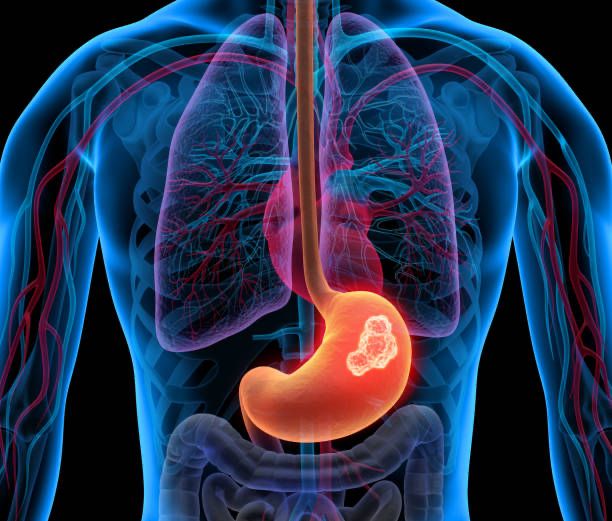The premature death of 29-year-old volleyball player Paula Borgo, who lost her battle against stomach cancer, sparked new discussions about the disease and focused readers on symptoms of tumors that can affect the young or the elderly. Paula discovered the tumor in September 2022 during routine exams at the club where she was assigned and passed away on May 11 of this year.
Clinical oncologist Dr. Luciana Campos, from the Regional Integrated Oncology Center – CRIO, warns about the symptoms of the disease and whether genetic changes can be passed from generation to generation. In contrast to the age group of athletes, this type of tumor usually arrives at a later age, over 65 years.
aggressive action
There are several types of stomach cancer, some more aggressive than others. Depending on the period in which the diagnosis was made, the location of the tumor, where it has spread, if it affects the functions of other organs in the body, and if the condition is more advanced, the progression is likely to become faster as well,” he explains. Luciana Campos when revealed, still, there are no specific signs in the initial stage of the disease.
According to the specialist, the symptoms are still vague, such as nausea, vomiting, “bloating”, heartburn and sensations that, she says, are also caused by other changes that are not exactly cancerous. doctor. Luciana Campos warns of some conditions to consider: blood in the stool, significant weight loss (more than 10% of your weight in 6 months) and persistent abdominal discomfort.
INCA Data
Stomach cancer, according to the National Cancer Institute (Inca), arises in cells that grow in an unregulated manner in the stomach area and can develop slowly over many years. It is the fourth most common tumor type among men and sixth among women in Brazil.
According to the oncologist, this type of cancer is not common in young people, and when the patient has doubts about an increased risk of developing the disease according to his family history, an important role is played by oncology, which is a scientific field, which specifically studies heredity. Predisposition to cancer.
This field, according to the specialist, has shown great developments, mainly due to the easy access to tests that make it possible to assess possible changes in DNA (mutations), which can be passed on between future generations.
heritage feature
To find out if the disease is hereditary, the doctor will explain what needs to be done. “The first step is a genetic counseling consultation where the entire family history of this patient will be analyzed. There are genetic syndromes that cause stomach cancer at an early age. When indicated, a blood or saliva test can be performed to identify carriers of this syndrome,” he notes.
Diagnosis, treatment and prevention
Cancer is detected through an upper GI endoscopy, an examination that allows you to see the stomach and esophagus, as well as a biopsy. If the disease is confirmed, a CT scan is performed to assess the extent of the tumor. Treatment includes surgery and chemotherapy. In order to prevent disease, the Incas recommend avoiding alcoholic beverages and salty or salty foods, not smoking and maintaining an appropriate weight.
With information from the CRIO press office

“Wannabe internet buff. Future teen idol. Hardcore zombie guru. Gamer. Avid creator. Entrepreneur. Bacon ninja.”

